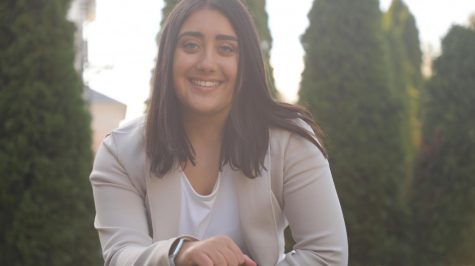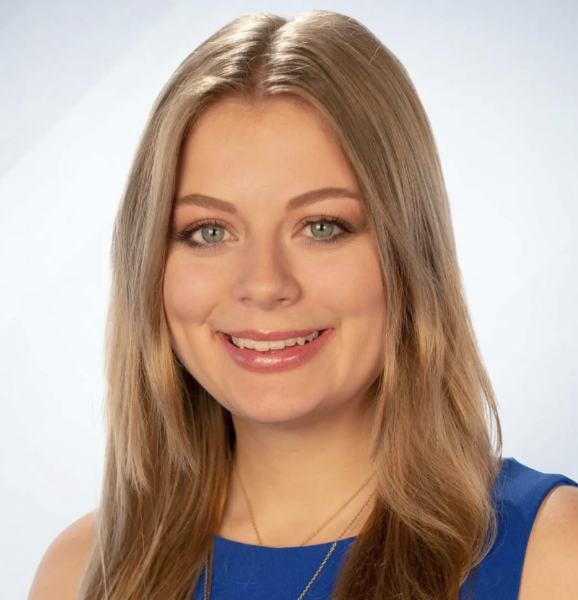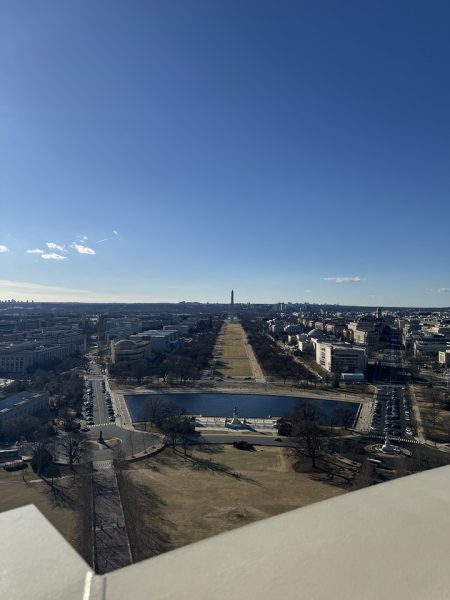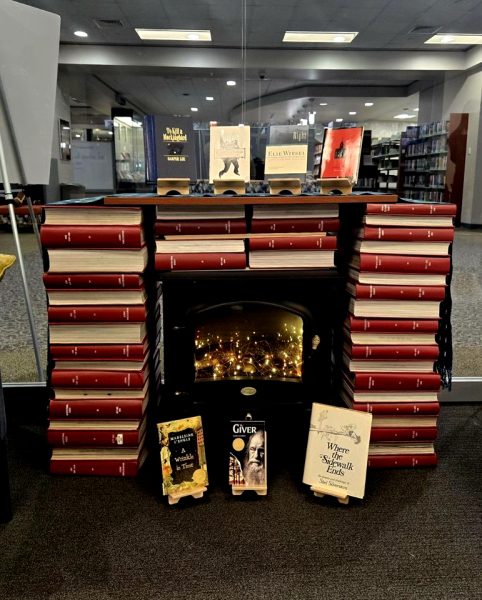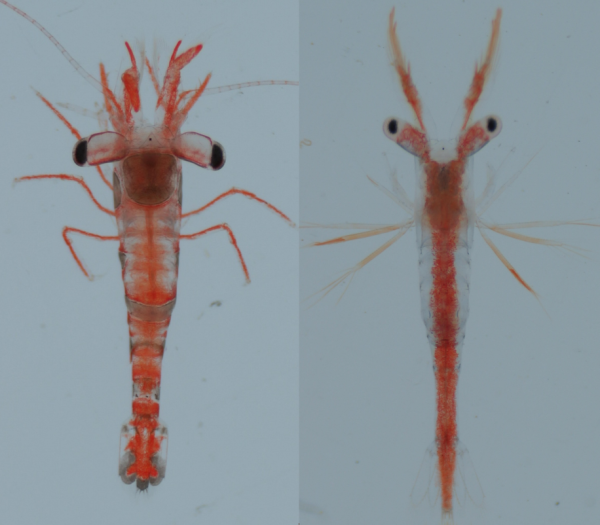“Planet Forward” reaches 10th anniversary: Former professor, students reflect on creative process and how it revolutionized the journalism program
Imagine having video work that you produced as a college student broadcasted to millions of people on national television. Now imagine that before you got into this creative process, you had never used a professional camera or conducted on-screen interviews.
This scenario is similar to one that nine former communications students at RWU found themselves in when they got on board to create videos for “Planet Forward” — a program on PBS that focuses on citizens’ ideas about the future of the nation’s energy.
These former students produced and submitted 13 videos for the program. Out of these, three were actually featured on the show.
They worked on creating these videos during the winter intersession in 2009, covering various environmental topics, such as wind power and a university shuttle that ran solely on canola oil.
The release was a huge moment for the university. Michael Scully, former journalism professor and executive producer for RWU’s “Planet Forward” segments, estimates that “Planet Forward” was seen in 10 million households nationally when it premiered for two weeks in April 2009.
As “Planet Forward’s” 10th anniversary approaches this month, former students and professors involved reflect on how their efforts transformed RWU’s journalism program and impacted them both personally and professionally.
Aside from massive exposure, “Planet Forward” brought other significant benefits for the university. In 2009, there was only a communications major with a journalism focus. No journalism major existed at the time and there was not a heavy digital path woven into these studies.
“We were working in the dark ages of the RWU journalism program. ‘Planet Forward’ (RWU) became my inspiration for the digital journalism major,” Scully said. “For me, ‘Planet Forward’ was always lurking there in my memory, inspiring my thoughts about the journalism program.”
Scully worked with Professor Paola Prado and the Communications Department to bring the journalism major to life in 2012. Since then, the program has blossomed and become much more digitally focused, with the implementation of two digital journalism classes, a podcast studio in GHH and more advanced features for students to get involved with.
Kristen Seturins, a student producer working on the project, knew very soon after “Planet Forward’s” end that this kind of change was on the horizon.
“After the shooting of ‘Planet Forward’ was over and spring semester began, several of us happened to be in what I believe was Professor Scully’s Digital Journalism II class. On our first day, we were already pitching ideas for videos and putting ideas together,” Seturins said. “I could tell that the program was going to undergo a major transformation after that point.”
Seturins described her experience painting a green screen on the wall in the Stonewall IV lounge, which eventually led to a professional green screen setup in the later built GHH G11 — which is now home to the podcast studio. She said this made her realize the far-reaching impacts the students’ efforts would have in the future.
For some of the students involved with the project, developing these videos was the first time they ever worked with professional cameras. They were presented with the opportunity to develop many new skills, as they wrote scripts, produced video packages, worked on music and more on their own. Student Producer Codie Eisenberg said she “got more value out of ‘Planet Forward’ than many of [her] classes at RWU.”
Students working on this project were able to truly do it all when it came to the digital side of journalism.
“Depending on the day, I did everything from setting up shots, to coming up with interview questions, to being a still photographer on multiple occasions,” Seturins said. “It was all a matter of going on shoots and figuring out what roles we needed to fill that day; from there, we dove right in.”
Lorin Richardson, another student producer on the project, shared how real life skills and experience gained from “Planet Forward” translated into her future career.
“At Roger Williams, before I did this project I had only been in front of the camera and never behind it, but was able to learn quickly how to shoot,” Richardson said. “When I got my first job down south in North Carolina, I was responsible for shooting all of my own stories and editing all of them, as well as producing and reporting.”
Aside from the learning experiences gained from this project, students were able to have fun and form long-lasting relationships. Eisenberg said the connection between Scully and the small group of students was “unparalleled.”
Student Producer Michelle Bazinet shared her positive thoughts about the experience as well.
“I think each one of us really had a great time not only with the project itself, but with one another,” Bazinet said. “So many laughs were had and I really have nothing but good memories about the whole experience.”
Those involved in creating RWU’s contributions to “Planet Forward” took away lifelong friendships and paved the way for journalism students for many years to come.

